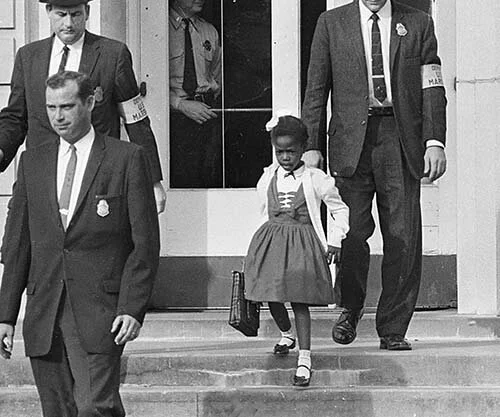Eurocentric Archives are Propaganda
Jalāl ad-Dīn Muḥammad Balkhī (Rumi) by Heather Galler
The New Yorker article The Erasure of Islam from the Poetry of Rumi, raised many notable concerns about the nature of the white archive. For centuries, white translators and archivists have thought it their right to take liberties with ancient works. The article examines translations by Coleman Barks, an American Presbyterian born in Chattanooga, Tennessee in 1937. Barks is heavily responsible for the dissemination of Rumi’s poetry in the western world and along with translating the works, organized them in American free verse to make them more palatable to western readers. In an attempt to make the nuances of a time past more digestible, white people have created more western propaganda from opportunities for understanding the complex and truly beautiful nature of Islam.
In Spanish (ironically) there’s a word for the systemic whitening of culture and people that occurs through Eurocentric oppression; Blanqueamiento. A notable example of this is paintings of Mexico’s first president, who was a Black man, where he is portrayed as a pale skinned Spaniard. There’s a popular adage “History is written by victors”, and because Eurocentricity has championed itself through globalization white people have been able to frame their archival works as the standard. The adage is useful because it highlights the truth of what it means to be a “loser” in a historical context; we are forced to accept propaganda as historical precision. While many BIPOC identified beings claim to understand the ramifications of this mass erasure, we fail to truly comprehend the depths of its impact on our psyche. We struggle to understand that under no circumstances are we allowed to accept the translated experiences of white people as a starting point for understanding the practices and traditions of our ancestors.
What Coleman Barks and other white translators of Rumi’s poetry have done is create propaganda about the nature of love. They have cultivated conditions for shallow interpretation of a love so divine that it is truly beyond comprehension. The removal of Islam from Rumi’s poetry, however unintentional, became an opportunity to further American notions of capitalistic and transactional love. If you don’t understand that a lot of his poetry was direct quotes from the Quran, then it’s easy to imagine Rumi as separate from the group of people you’re trying to oppress through Islamophobia. The appropriation of Rumi is a warning sign for Black archivists. As Muslim scholars translate Rumi’s work with accuracy in an attempt to reclaim the truth of their tremendous faith, we as Black archivists can use this moment to halt the mass dissemination of lies about Black history and culture. We’re called to ensure that we fiercely honor and protect the truth of our ancestor’s (both living and ascended) divine love. This requires that we all recognize ourselves as archivists. We must ensure that everything is being archived in real time, so there’s no question about the context in which we experienced life and our ascendants are able to remember, reclaim and revere the true power of our collective awareness.
The Past is Proximate
Recently, a lot of controversy and concern arose on Black Twitter because for the first time many Black people realized that the images of the Civil Rights Movement were also available in color. We collectively discussed the fact that the 1960s was not a long time ago and that there was a possibility that images in color had not been shared in an attempt to alter collective memory and subconsciously register oppression as a thing of the past. I don’t think it’s necessary to assume this was intentional suppression, but it does highlight legitimate concerns about the accuracy of white archival work of Black experiences.



